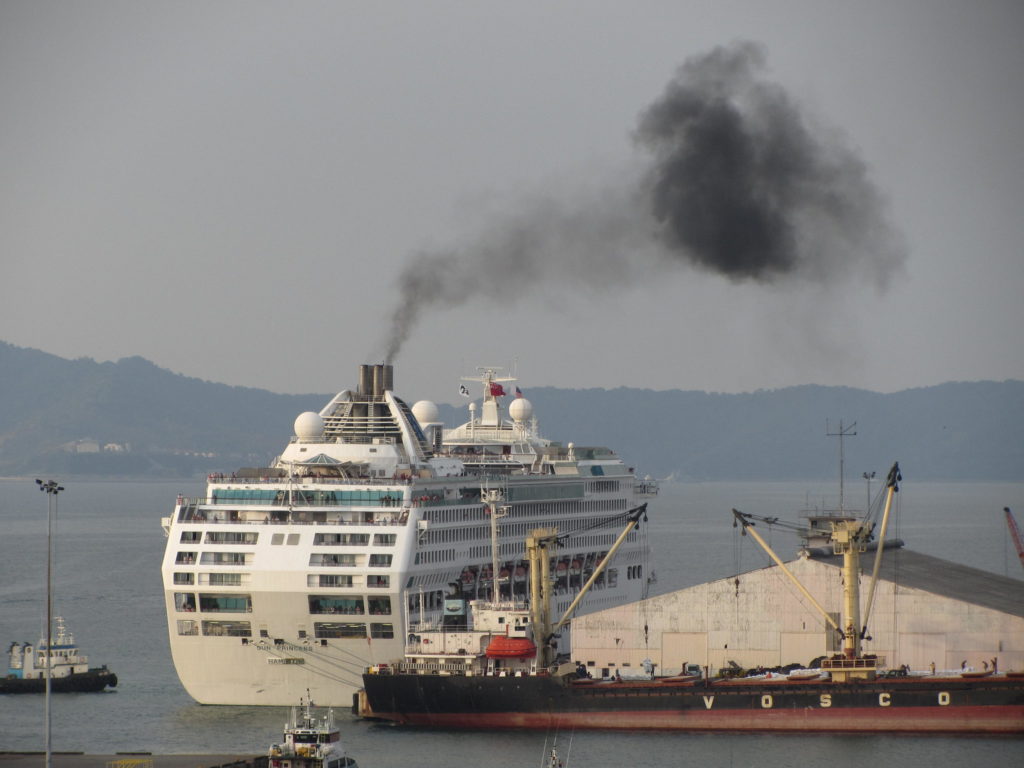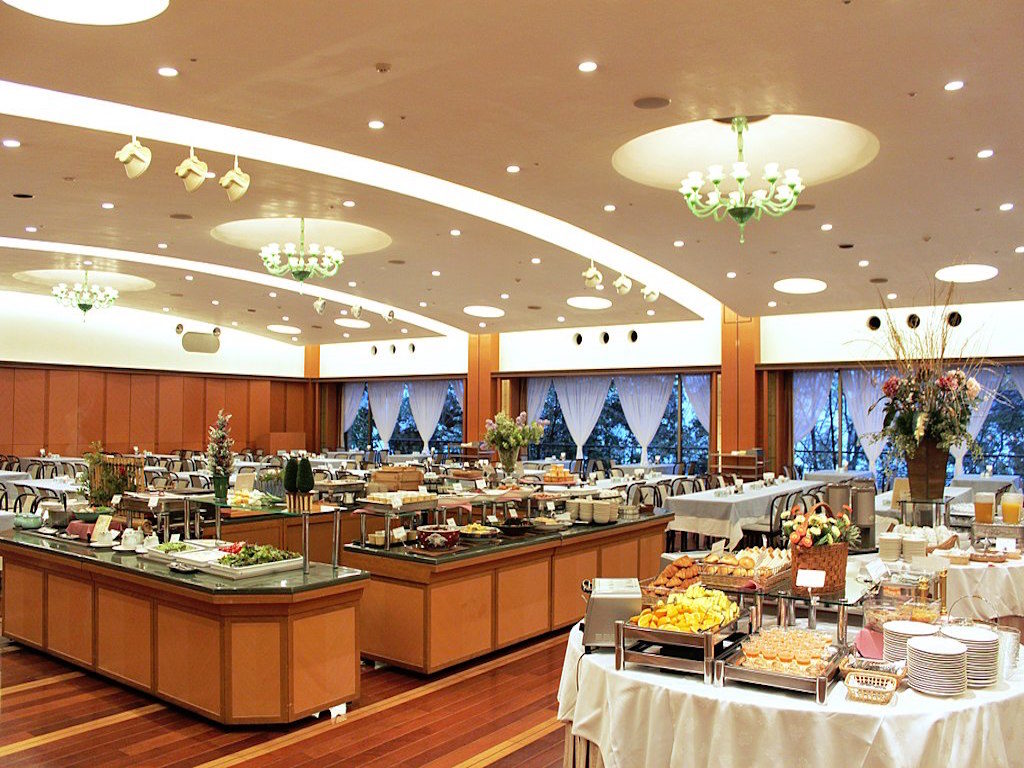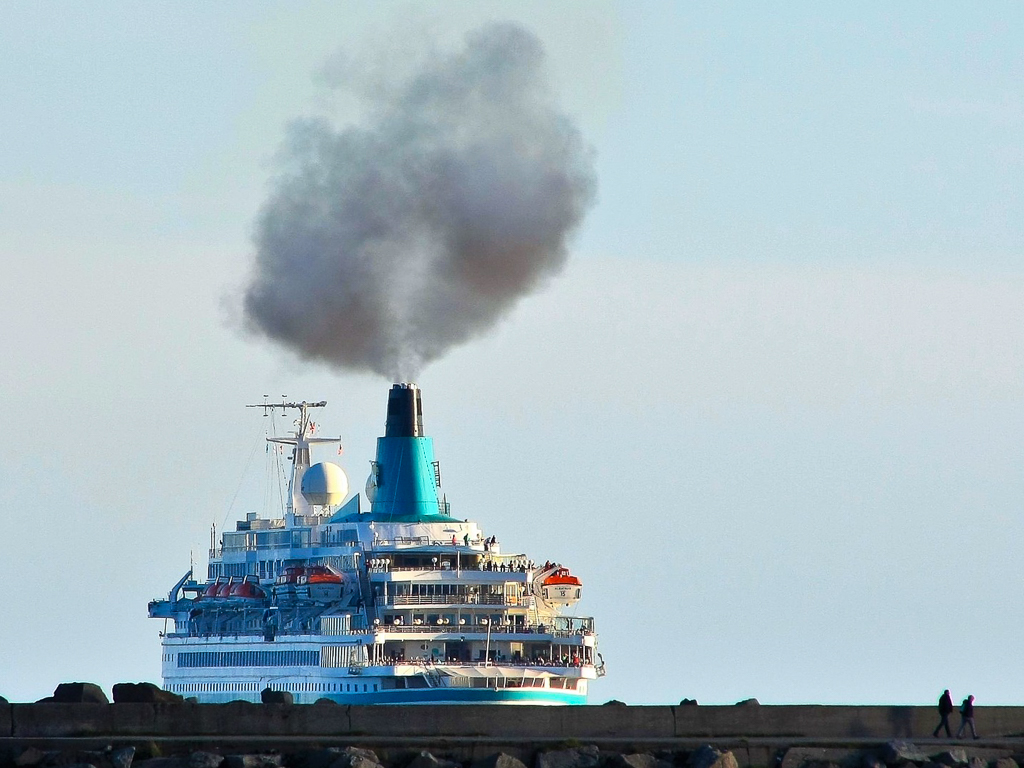5 Mins Read
Continually rising in popularity, cruising is now one of the most popular vacation choices for holidaymakers. According to the Cruise Lines International Association (CLIA) just released 2019 Asia report, this year has seen over 4 million passengers cruised in Asian region – and this number is set to grow as companies plan to deploy larger purpose-built vessels to attract Asian consumers. However, new environmental and social concerns raised about cruises might make you think twice before you set sail. There are also more moral implications to consider than you think.
They’re Environmentally Damaging

This trend of being ferried from one port to another as a holiday is horrible for the environment. The heavy use of fossil fuels means that a person on a seven-day cruise alone produces almost three times the emissions as they would on land, according to estimates by the Pacific Standard, an environmental and social impact platform. Ships typically using a combination of diesel fuel and gas produce huge amounts of sulfur, which contributes to acid rain that can cause deforestation, infrastructure corrosion and harm to aquatic life. And despite the fact that the International Maritime Organisation (IMO) ordered all vessels to switch to cleaner fuel by 2020, many ships have fitted cheat systems called “scrubbers” to wash cheap fuel continue discharging pollutants into the ocean.
In addition to releasing significant amounts of greenhouse gases, cruising can damage ocean ecosystems due to irresponsible industry practices such as through the disposal of sewage. Although all cruises are legally bound to treat sewage properly before releasing it, many cruise lines continue to dump gallons of oily waste into the sea. In 2019, environmental advocacy organisation Friends Of The Earth gave two of the largest cruising brands, Royal Caribbean and Carnival, a D and F scores respectively on their report card for their failure to comply with environmental regulations.
They’re Incredibly Wasteful

Cruises are also all about excess, which means they generate huge amounts of plastic and food waste. Holidaymakers don’t book to go on an all-inclusive cruise ship thinking they’ll be offered minimal food choices – instead, they expect unlimited food, buffet-style, round the clock. The Aida Nova ship, the flagship vessel operated by Aida Cruises, features an astonishing 17 restaurants in total. That means cruises inevitably throw out vast amounts of food that gets left unconsumed, or are there for purely decorative purposes in lavish buffets. From miniature toilet amenities to water bottles, the non-recyclable plastic waste generated from cruises is also astounding.
Some cruise lines have pledged to reduce their environmental footprint by ditching some plastic products. In 2018, Hurtigruten announced plans to purge their ships of all single-use plastic items, such as straws, cups, lids, cutlery and aprons. Other major cruise operators such as Celebrity Cruises and Fred Olsen have also followed suit, pledging to take action to reduce plastic on board. While these plans represent a step forward in the right direction, many eco-activists have highlighted that it has come too little, too late. We might even question the authenticity of these green campaigns, given that the core of the cruise tourism industry is about all-inclusive packages of excess, and many lines continue to operate irresponsibly. Carnival, for example, have recently pleaded guilty to dumping tonnes of plastic waste into the Bahamas.
They’re Damaging To Local Communities

In 2016, the popular Mediterranean cruise destination Venice banned large cruise ships from its city-centre after mounting protests about the impact of mass tourism. The city attracts over 60,000 tourists daily – a number that overwhelmingly topples the meagre 5,000 who make up the local Venetian population. UNESCO officials have warned that this is wildly out of balance, which causes significant damage to the city and is unsustainable for local communities and heritage sites. In the words of Andrea Carandini, the president of non-profit organisation Italian Environment Fund: “If things continue like this, the city will die.”
This isn’t a problem unique to Venice. Cruise destinations all over the world, from Barcelona to Labadee are reconsidering whether they want the ships. While some tout the economic benefits that increased tourism from cruises can bring to local economies, the money often stays on the ship, while heritage sites get flooded. The nature of cruise accommodation means that a large chunk of the destination’s potential income from tourism is slashed. Cruise passengers also often return to the ship for buffet lunch and dinners, which are a part of their holiday package, so local businesses rarely stand a fighting chance.
There Are Worrying Moral & Ethical Issues
The cruise industry additionally suffers from a rampant abuse problem. According to the US Department of Transportation, there have been 82 reported cases of sexual assaults in 2018 on ships that disembark from the US alone. To make the shocking figure even more disturbing, minors account for one third of the victims. And most of these reported cases fail to lead to further investigations, writes maritime lawyer Jim Walker on his site, Cruise Law News.
If there aren’t enough reasons yet to scrap your cruising plans, cruises threaten local economies and their own workers. In a book titled Cruise Ship Squeeze, Roger Klein details how cruise tourism companies take advantage of the local economy by investing only in terminals that benefit their interests and boycotting destinations if port charges are raised. Crew members are also vulnerable to being overworked because labour laws don’t apply on sea – and cruise companies are often registered in foreign companies to avoid taxes and labour restrictions. The Royal Caribbean, for instance, is incorporated in Liberia, where the minimum wage sits between USD$4 to 6 per day.
So there you have it. There are environmental, social and ethical repercussions of a seemingly innocuous cruise holiday, and it’s worth considering the social and environmental impact of booking a trip aboard.
Lead image courtesy of Pixabay.




